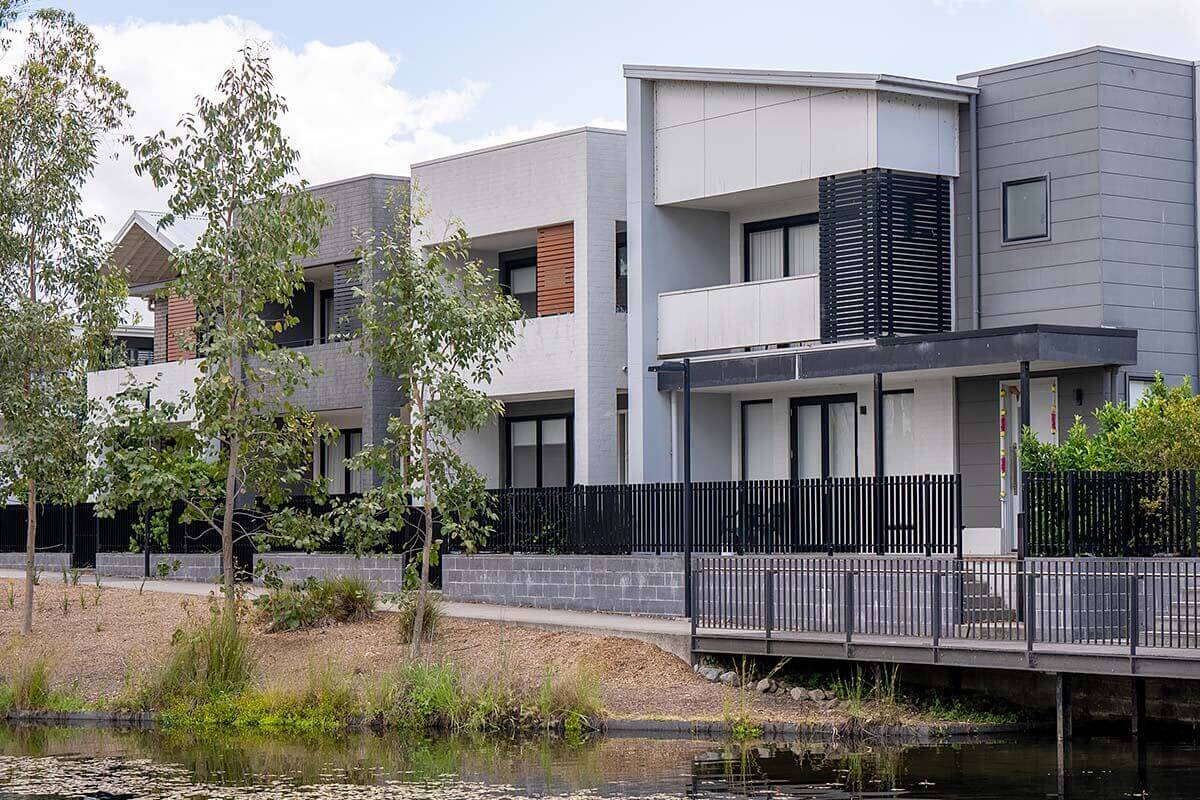The benefits of low-rise housing diversity
The population of NSW is changing and growing, and an increasing number of people live alone or with a partner. Needs are also changing. People want homes in shapes, sizes and locations that suit their lifestyles – and their budgets.
In response, we have been diversifying housing choices to reflect the needs and preferences of households today and into the future.
We have done this through the low-rise housing diversity code, which is helping to create liveable and desirable communities. The code allows well-designed dual occupancies, manor houses and terraces (up to 2 storeys) to be built under a fast-tracked complying development approval pathway.
Background
We developed the low-rise housing diversity code after almost 3 years of consultation with the community, councils and industry.
The change reflects the more diverse housing choices of the newer code. It applies in all local government areas in NSW, but only where council zoning already permits these forms of housing.
Your stories
Meet the Jabbour family
The Jabbour brothers are building a dual-occupancy premises on the site of their childhood home so they can keep their parents close.
Meet the Keshari family
The Keshari family’s terrace house has all the benefits of a freestanding home while being affordable and close to public transport and open space.
Related links
For more information, phone 13 77 88.
If English isn’t your first language, phone 13 14 50 and ask for an interpreter in your language, then ask to speak to us on 1300 305 695.
